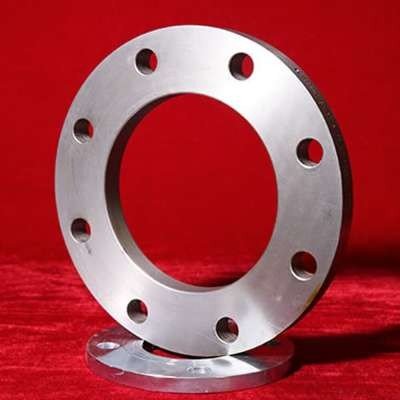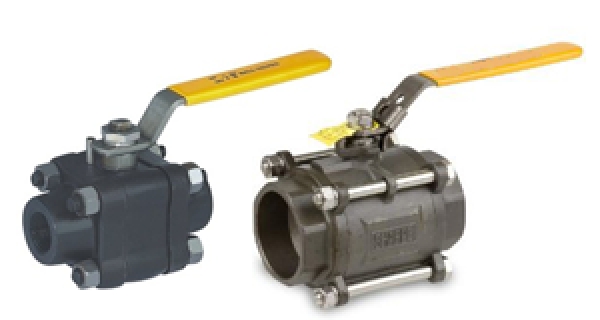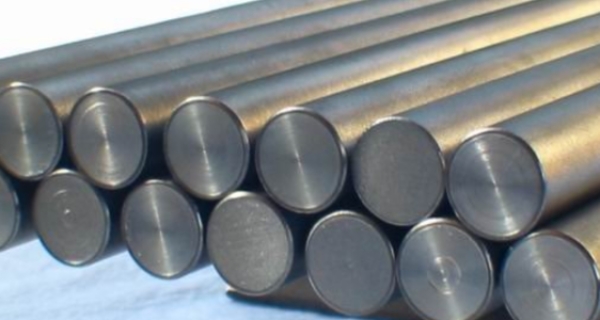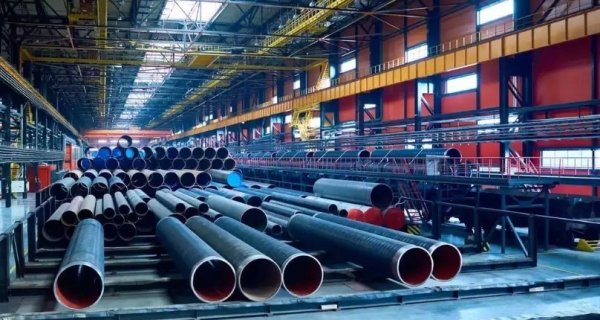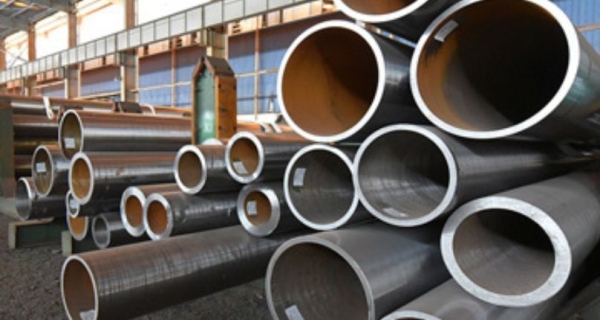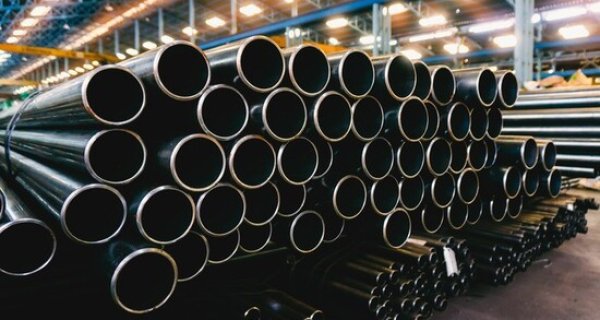Do’s and Don’ts of Titanium Fasteners
Titanium manufacturers suppliers dealers in India. Titanium bolts, Titanium nuts, Titanium screws, Titanium washers, manufacturers, suppliers, dealers in India.
Posted 6 years ago in Magazines, updated 6 years ago.
Do’s and Don’ts of Titanium Fasteners
Titanium is a great material with strength, lightness of weight, & corrosion resistance but there are also instances that titanium should not be used. This brief blog will covers the do’s and don’ts of titanium screws.
Do Use for Saltwater & Chloride Resistance
One of the most important uses of titanium screws is in saltwater environments. Naval as well as industries like desalination & offshore oil rely on titanium for their incomparable resistance to saltwater. Titanium fasteners are resistant to both rapid moving & stagnant seawater up to a mile deep – even at temperatures of up to 500°F.
Like seawater, titanium screws are also almost inert to all chloride & chlorine solutions. This is due to titanium’s ability to quickly regenerate its defensive passive layer in the presence of oxygen. Titanium fasteners are also resistant to:
• Chlorite
• Hypochlorite (Bleach)
• Chlorate
• Perchlorate
• Chlorine dioxide
Do Use for Strength & Lightness
Titanium grade offers industry impressive strength: 148 ksi UTS & 138 ksi yield. What
makes titanium’s strength truly unique is that it is also extraordinarily light. Grade 5
fasteners are 4 times stronger than 316 stainless steel at nearly half the weight. (Grade 2 titanium is approximately 2 times stronger.) This unparalleled strength-to-weight ratio makes titanium ideal for medical, aerospace, & military applications.
Don’t Use in Acids
Titanium fasteners offer outstanding corrosion resistance to salt water & chlorides but NOT strong acids. When exposed to acids like sulfuric (H2SO4), hydrochloric (HCl), their protecting passive layer is attacked & can rapidly corrode in the right concentrations & temperatures.
Don’t Use in Dry Chlorine
Though titanium screws are ideal for almost all chloride & chlorine applications they cannot be used in the absence of water. Dry chlorine & chlorine gases will make them quickly corrode & even ignite. Typically 1% moisture (at room temperature) & 1.5% (at high temperature) is sufficient for titanium to regenerate its passive layer & remain resistant.
